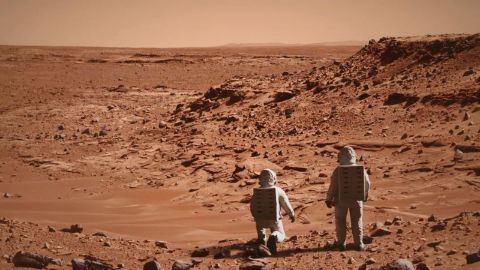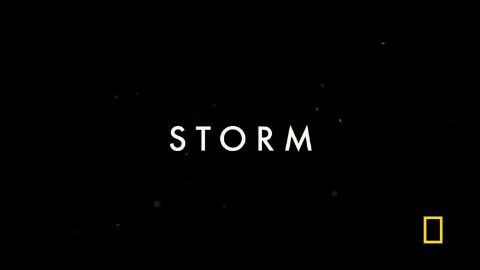Hubble's Amazing Journey • 2016
The most amazing images of the universe captured by the space telescope, and a look at plans to launch a new and more advanced satellite in 2018. In this updated version of "Hubble's Amazing Journey” we reveal some of Hubble's latest observations: It has produced some of the most awe-inspiring images ever taken of the universe. But what is often forgotten about the Hubble Space Telescope is that after its launch 25 years ago it was originally labelled an embarrassing and expensive flop.
Make a donation
Buy a brother a hot coffee? Or a cold beer?
Hope you're finding these documentaries fascinating and eye-opening. It's just me, working hard behind the scenes to bring you this enriching content.
Running and maintaining a website like this takes time and resources. That's why I'm reaching out to you. If you appreciate what I do and would like to support my efforts, would you consider "buying me a coffee"?
Donation addresses
BTC: bc1q8ldskxh4x9qnddhcrgcun8rtvddeldm2a07r2v
ETH: 0x5CCAAA1afc5c5D814129d99277dDb5A979672116
With your donation through , you can show your appreciation and help me keep this project going. Every contribution, no matter how small, makes a significant impact. It goes directly towards covering server costs.





